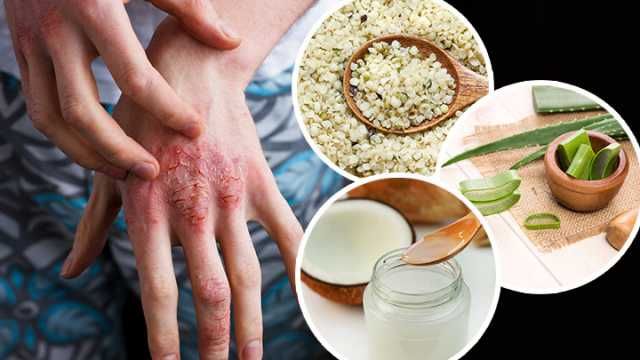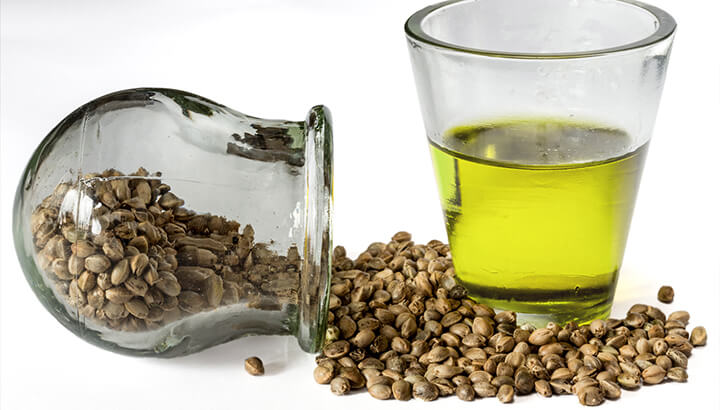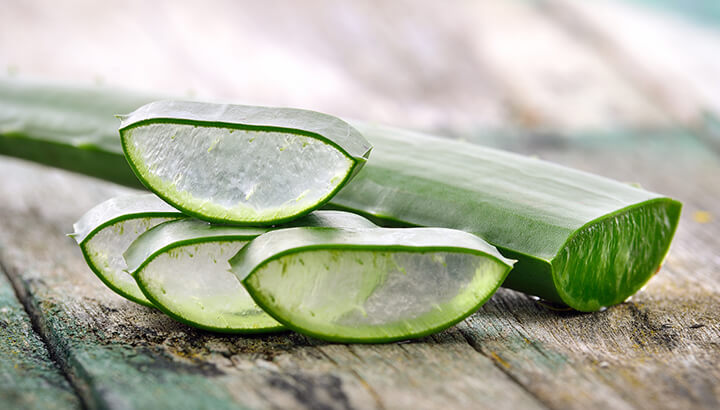
Eczema is a skin condition where a section of the dermis become irritated, inflamed, itchy, flaky and occasionally blistered. It is surprisingly common in infants and children, but it is a problem that afflicts many teenagers and adults too.
There is no sure-fire cure, and eczema sometimes goes away on its own, but there are natural treatment options that can help reduce flare-ups. Here are some important things you need to know about eczema and treating it naturally.
What is eczema?
The term basically refers to a variety of rash-like skin conditions. The symptoms of eczema include red, blotchy skin that is inflamed, irritated and itchy. Frequently, a person with the condition will scratch their skin incessantly, which can exacerbate pus-filled sores, flaking and scaly patches.
What causes eczema?
Scientists believe a number of different factors can cause or contribute to the condition. For example, heredity, allergens, autoimmune disorders, environmental irritants, hormones, stress and temperature can all play a role in precipitating eczema.
A susceptibility to eczema seems to run in families. However, sensitivity to detergents and common allergens can also induce symptoms. Likewise, hormonal changes linked to pregnancy, menstrual cycles and menopause have all been associated with eczema outbreaks too. Here is a list of common culprits:
- Nut or dairy allergies
- Exposure to microbes, bacteria, fungi or viruses
- Perspiration from exercise
- Chemicals in soaps, detergents and disinfectants
- Pesticide residues in fruits or vegetables
Types of eczema
Eczema is classified In many ways depending on the cause, the location on the body and the specific symptoms. For example, here are some common types of the condition:
- Contact eczema: a rash-like condition caused by exposure to an allergen at a specific location.
- Dyshidrotic eczema: blisters on the palms and feet.
- Seborrheic eczema: Oily and crusted patches of skin usually found on the scalp or face.
- Stasis eczema: rashes caused by circulatory problems.
Needless to say, the types of eczema can vary widely in terms of etiology and prognosis. However, promoting healthy skin is one of the safest and most effective ways alleviating eczema and restoring your skin to its optimal state. With that in mind, here are five all-natural remedies that will help you cope with the underlying factors that contribute to eczema.
Hempseed oil

Hempseed oil is a fixture in many body care products including shampoos, body lotions and moisturizers. That’s because the hemp plant is especially rich in omega-3 and omega-6 fatty acids, which are renowned for promoting healthy hair and skin growth.
In particular, omega-3 and omega-6 oils are natural moisturizers that prevent dryness while promoting lipid and collagen growth, which help rejuvenate your damaged dermal layers. In addition, omega-3 and omega-6 act as a natural sunscreen, which helps block harmful UV rays that can damage skin at the cellular level.
Cannabis for skin care
Hemp is a close cousin of the marijuana plant. So, it’s not surprising that Cannabis sativa would contain compounds that are extremely beneficial for the skin too. As it happens, THC and CBD have anti-inflammatory, antioxidant and antimicrobial properties, which promote healthy skin. However, smoking marijuana is not a good way of getting these compounds. Put simply, inhaling any plant-based smoke means breathing in hydrocarbons, which are not conducive to your skin’s health.
However, cannabis-based topicals such as lotions, creams, tinctures and oil are a terrific way of delivering the benefits of cannabinoids to your skin. That’s because endocannabinoid receptors are dispersed throughout the epidermis. Therefore, when you apply cannabis-based topicals you are delivering natural cannabinoids — most notably THC and CBD — directly to the endocannabinoid receptors in the skin.
How do cannabinoids in cannabis promote skin health?
To begin with, THC and CBD are natural anti-inflammatory agents. Therefore, they quickly act to reduce swelling and pus at the cellular level. Second, cannabinoids are potent antimicrobials. Consequently, they naturally combat bacteria, fungi and other microorganisms that can cause skin infections. Finally, THC and CBD are powerful antioxidants. Indeed, cannabinoids contain higher levels of free radical scavengers than vitamins A, C and E. As a result, cannabis-based topicals help counteract genetic damage at the cellular level that diminishes skin health.
In a landmark study on cannabis and skin care, a team of scientists led by Dr. Gerald Weissmann found that cannabis-based topicals promote healthy lipid production, which is critical for regulation of dry skin and counteracting many epidermal disorders.
According to Dr. Weissman, the latest “research shows that we may have something in common with the marijuana plant. Just as THC is believed to protect the marijuana plants from pathogens, our own cannabinoids may be necessary for us to maintain healthy skin and to protect us from pathogens.”
This view is echoed by Phytecs, a consortium of scientists investigating how foods and other natural substances support endocannabinoid health. Summing up their research they wrote, “Endocannabinoids regulate skin inflammation, oil production and even play a role in unwanted hair growth. Skin care products that target the endocannabinoid system are likely to be a fundamental element of next-generation cosmetic treatments.”
Aloe vera gel

Aloe vera gel has been used as a skin care remedy for centuries. It has most often been used to treat sunburn and psoriasis, but there is a lot of anecdotal evidence that it can help treat eczema too.
In particular, when applied topically to the skin, aloe vera gel helps deliver a cooling and soothing sensation, which can reduce the urge to itch. In addition, compounds in aloe vera gel have both hydrating and anti-inflammatory properties. The former creates a humectant effect, which may counteract the dryness and flakiness of the outermost epidermal barrier that is often associated with eczema.
The scientific evidence that aloe vera can treat eczema still remains scant, but it has been used safely for centuries as a topical remedy to relieve symptoms associated with dry, broken or irritated skin.
Coconut oil
Coconut oil is rich in lipids. Therefore, it helps fill in intercellular space in your skin, which can lead to moisture loss. Coconut oil is especially well-suited to treating eczema for several other reasons too. To begin with, it has immuno-modulating properties. Therefore, it can detoxify histamines, which contributes to skin inflammation, but without any of the negative side-effects associated with cortisone creams or ointments.
In addition, coconut oil is rich in fatty acids that strengthen the connective tissue in your skin. Finally, coconut oil is rich in lauric acid, which helps the skin resist bacteria, fungi and other microorganisms.
Chamomile tea bath
Chamomile tea is known to relax the mind, but what about your skin? In fact, chamomile contains traces of a natural alcohol — known as bisabolol — which has antimicrobial anti-inflammatory properties.
To soothe your skin, try taking a chamomile tea bath. You’ll need four chamomile tea bags (or four teaspoons of dried chamomile tied inside a cheesecloth bag). Run warm water from your bathtub faucet for ten to fifteen minutes over chamomile tea. Next, steep yourself in this calming brew. The natural compounds in chamomile should reduce itchiness, fight germs and lessen inflammation too.
There’s no cure-all for eczema that works for everybody all the time. That’s because eczema is a complex condition with many contributing factors. However, there are a number of all-natural remedies that can help you alleviate eczema symptoms while promoting healthier skin. Hopefully, by understanding how these natural compounds work you can discover the ones that work best for you.
— Scott O’Reilly

